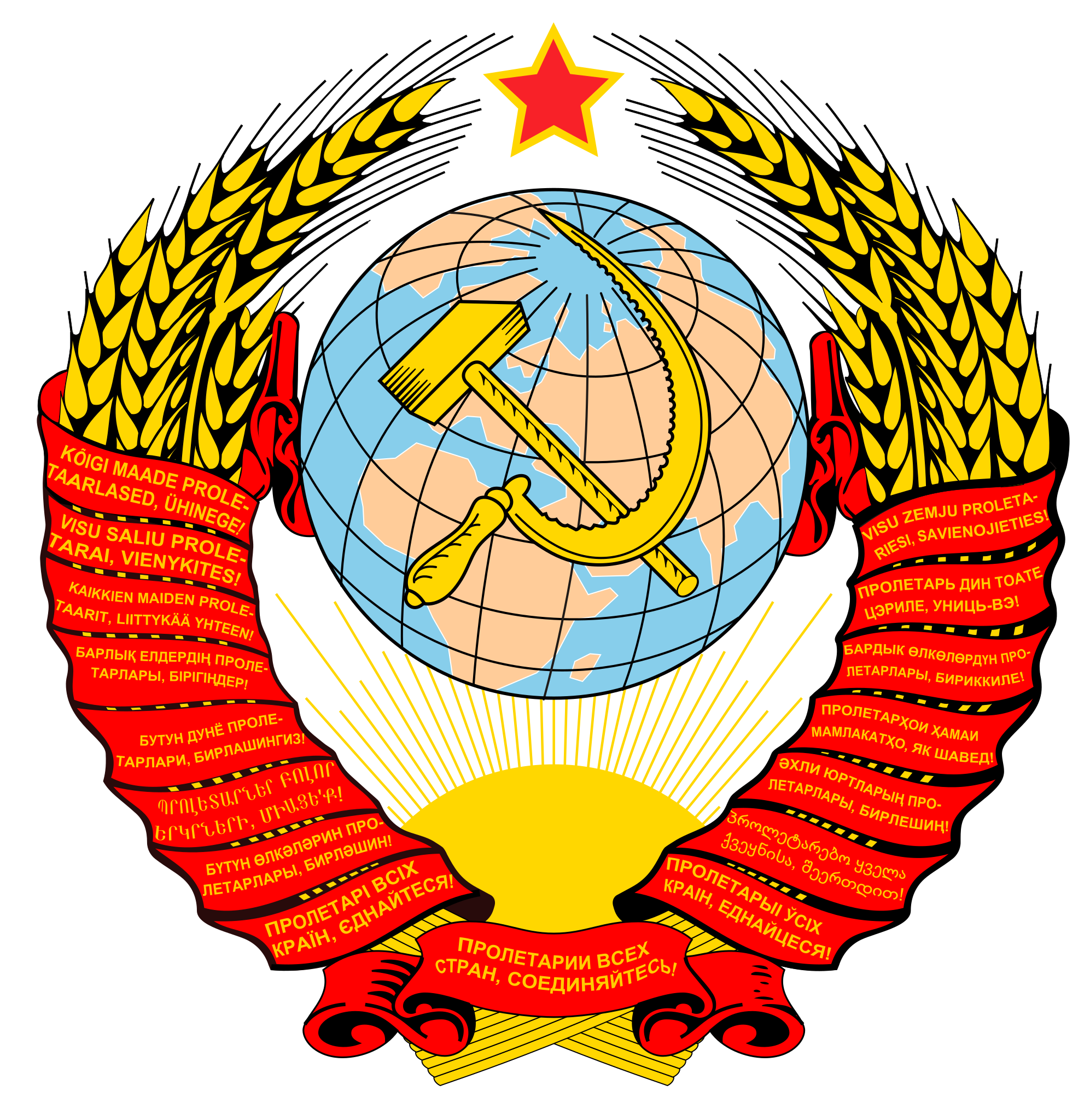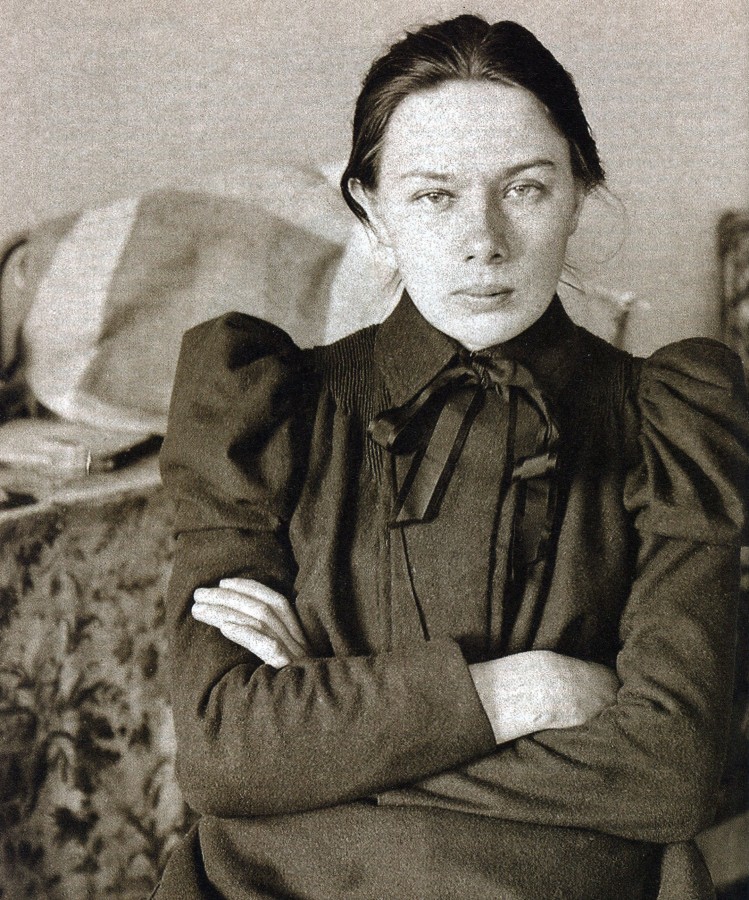Hey all,
We all know the importance of reading theory, but with so many leaders with so many works what should we consider absolutely necessary reading for an committed communist, and what is, for lack of a better term, supplemental?
While reading everything would be nice, there is so much to read, not mentioning works by other authors and theorists, that I’m not sure if reading literally everything Marx or Lenin wrote is the most helpful. Some works will be more universal and others, while still containing important information, may be more niche and specific.
I’ll admit I’m probably a terrible Marxist for not having read anything from Marx, or Engels, besides the manifesto. But again, Marx and Engels have a lot of works and knowing what is more important than others I think would be helpful for everyone, especially baby Marxists. How important is reading Kapital, The Civil War in France, Critique of the Gotha Program, On the Origins of the Family, etc? Which should be prioritized over others?
I’ve read more Lenin but not much, only State and Revolution and Left-wing Communism. I’m trying to get through the beginning of Imperialism: The Highest Stage of Capitalism but it’s so hard, so many facts and I’m not sure what he’s even saying with them.
I also want to read Mao and have absolutely no idea where to even start there.
What would you say are the most important and necessary works of foundational leaders and theorists (Marx, Engels, Lenin, Mao)? Here’s my list so far:
Marx Engels Lenin: State and Revolution, Left-wing Communism: An Infantile Disorder Mao
you don’t necessarily have to read the original works to be exposed to their content, but for some introductory reading:
- Wage Labour and Capital (Marx), to understand the basics of capitalism
- The State and Revolution (Lenin), to understand what a state is and what statelessness is (e.g. it doesn’t necessarily mean there’s no central government)
- Imperialism, the Highest Stage of Capitalism (Lenin), to understand imperialism
- Something that explains dialectical materialism, e.g. Anarchism or Socialism? (Stalin)
- Something about colonialism and its connection to capitalism, e.g. The Wretched of the Earth (Fanon)
it’s practically impossible to read every work of Marxist/Marxist-adjacent theory, so your choices beyond the introductory stuff should be based on your own circumstances
I second this list. Theory, as you know, doesn’t just come from Marx, Lenin, and their contemporaries; theory is constantly being developed and refined. Marx and Lenin were, of course, brilliant theorists in their own right, but reading only their works will never give us a full picture of our current material conditions. Here are some works that I recommend that weren’t on the original list and are more recent:
- Settlers by J. Sakai. Being primarily a history book, you don’t necessarily need a deep understanding of Marxism to understand its thesis, but it’s an absolutely necessary read to get a better grasp on settler-colonialism and its relationships.
- Trans Liberation by Leslie Feinberg. The gender and liberation movements are central to Marxism, and Feinberg brilliantly shows the connections between the movements and the wider proletarian movement.
- Socialism with Chinese Characteristics by Roland Boer. A wide-encompassing book that looks at the political economy, culture, and history of China. One of the most important features of this book is how Boer firmly explains what classes are and how socio-historical conditions shape them.
- Elementary Principles of Philosophy by Georges Politzer. This book goes through materialism, idealism, dialectics, metaphysics, and the broad history of these philosophies. Most importantly, it shows how to put into practice the dialectical method and why it’s important.
- Political Economy: A Beginner’s Course by A. Leontiev. This book goes through the most important aspects of Capital volumes 1-3 and Imperialism, the Highest Stages of Capitalism.
I might break from tradition here and recommend Michael Parenti, not because his work is groundbreaking (in fact, a lot of it is very basic Marxism 101 type stuff) but it is a fantastic jumping on point for libs. It’s very nonthreatening, and he is very passionate. Communists should organise, we should help people, educate people, but many of us (especially in the west) are surrounded by people who act like you just murdered a baby in front of them if you mention the scary “C” word. So having a source that is usually fairly “safe” for libs, like a Parenti lecture or one of his books (I would recommend specifically Blackshirts and Reds for this) can be very useful in reaching out to people.
Insisting that one is a “good marxist” based solely on how much theory they’ve read (or memorised) is the domain of someone who wants to look like they are a good marxist, rather than someone who wants to be a good person, actively trying to improve the world. Marxist theory is vital for understanding (and there are plenty of good recommendations in other comments) but it is important to remember that we should be out to help and educate, get people to realise the issues in the capitalist system, convince people to organise with us, not to simply memorise texts. Plenty of Chinese peasants were communist volunteers in the PLA without ever reading Marx (many of them didn’t even know how to read at all.)
I’m not saying a “vibes based” mentality is a good one, just that it is important to remember that reading theory isn’t an end goal, it is training, education, that gets us better at reaching our end goals.
deleted by creator
At the minimum, these three should be required introductory reading for every communist:
I found YouTube links in your comment. Here are links to the same videos on alternative frontends that protect your privacy:
Link 1:
Link 2:
Link 3:
CRITIQUE OF THE GOTHA PROGRAMME!!! I can’t stress this enough, my politics was like a Before and After picture when I read that text. I was so juvenile when I started reading it, I was like “yea man, labor creates ALL value, that’s why I’m entitled to all value I create” and Marx just dunked on me hard af like
 listen to 679 by Fetty Wap while looking at this image pls
listen to 679 by Fetty Wap while looking at this image plsNecessary? Two works in particular:
- Capital volume one by Marx
- Imperialism: the highest stage of capitalism by Lenin
But reading them without any other knowledge will be tough. There are lots of shorter Marxist works to ease the process, to get used to the concepts, etc. And it won’t hurt to get familiar with the bourgeois writers who Marx criticises, like Mill and Bentham.
Then once you get through these two texts, you’ll know what you want to know more about: imperialism, political economy, dialectics, colonialism, race, gender, education, religion, etc. Then you can make a more specific reading list and work through some of the other classics (many of which engage with and build on Capital, hence it’s importance).
Not a priority, but there is no coming around of reading Capital.
Here are two lists from ProleWiki:
I would start with Principles of Communism and then with the Communist Manifesto
I agree with another poster that more recent writers can be easier entry points into theory because the authors translate it in ways that highlight ML theory’s relevance to today and recent history. As the other poster mentioned, Parenti’s Blackshirts and Reds is good on breaking through cold war nonsense about the USSR, there’s a couple chapters online here. Losurdo’s Liberalism: A Counter history dissects the dominant ideology of our time. There’s a short summary of that book by the author here.
No one here has yet tackled the question on how important it is to read Capital: I think it’s crucial. There are so many concepts it lays out and arguments it refutes that it makes reading other theory much easier. I think of Lenin’s Imperialism as a sequel to Capital, so it makes sense to me you find it challenging to read. That said, Capital is also challenging to read and it might help to familiarize yourself with some of the concepts it covers before you tackle it. Here are some (mostly short) essays for that purpose.
- Labour & Labour Power
- Commodity Fetishism
- Communist Self-confidence (history of capitalism from feudal era to now and why the working class is revolutionary)
- Social Classes: Necessary and Superfluous by Engels, why were classes historically necessary and why are capitalists obsolete.
- A Fair Day’s Wages for a Fair Day’s Work by Engels, on how political economy has traditionally treated wages and why communists must focus beyond wage increases.
I’ve posted a lot of links from RedSails because it was started for this purpose: to make theory accessible and demystified and relevant for today. If there’s a topic or author you want to read more on, it has curated articles for those ends.
I’ll end with my favourite Lenin, which I think highlights why we can’t “go back” to some better time before capitalism but must go through capitalism to socialism.
Utopian and scientific socialism by engels
Historical and dialectical materialism by stalin
These 2 are essential reads. Understanding the dialectical materialist outlook is the most important foundation of marxism theory.
Communist Manifesto, Das Kapital and State and Revolution
I would ask for what purpose do you want to read? Which areas interest you most? If you just want to read to learn, then nothing is ‘supplemental’. I would urge you to just read as much as possible and not focus on what reading is more important.
If you are just starting out, I would recommend on the origins of family and Imperialism. If you are having trouble with facts, don’t hesitate to look it up or ask here. It was written 100 years ago after all, so knowing the context helps a lot.
So, in addition to all the great recommendations, I want to put forward an additional suggestion for those who struggle to sit and just read (like myself) which is the podcast Marx Madness. They read through a lot of these and then contextualize the books since they were written about a different time and place, so the additional contextualization helps a ton. So far they’ve done: Capital, Imperialism, State and Rev, Wretched of the Earth, Black Reconstruction, Neo-Colonialism, Blood in my Eye, The Red Deal, and now they’re working on a Gramsci reader.
“Critique of the Gotha Program” is not long, and it’s not a hard read either compared to some of the others. I would say it’s worth sitting down one afternoon to go through it and understand what it is saying.
As far as reading Mao, “On Contradiction” is always a good starting point to get into his writing style.
For some more Lenin, if you have read "State and Revolution, the natural next step is to pick up “The Proletarian Revolution and the Renegade Kautsky”.
Well, you just go through it bit by bit and eventually you’ll make it through everything.
It also depends on your background on where you should start. If you have a background in some areas, it’ll be easier for you to pick up some theory than others. Like, I got through das kapital fairly easily because I had experience in economics before picking up the book, but I found Engles’ work difficult. Despite being a businessman, he doesn’t write about business a lot.
I grew up immersed in MZD thought, so Mao was a fairly easy read as well.
If I had to condense it, I’d say that Mao’s oppose book worship, the communist manifesto, and principles of communism are good for basic primers. (All are short) Das kapital, state and revolution, and imperialism, the highest stage of capitalism as more advanced theory. And Mao’s on practice and contradiction for praxis and leftist unity.
















